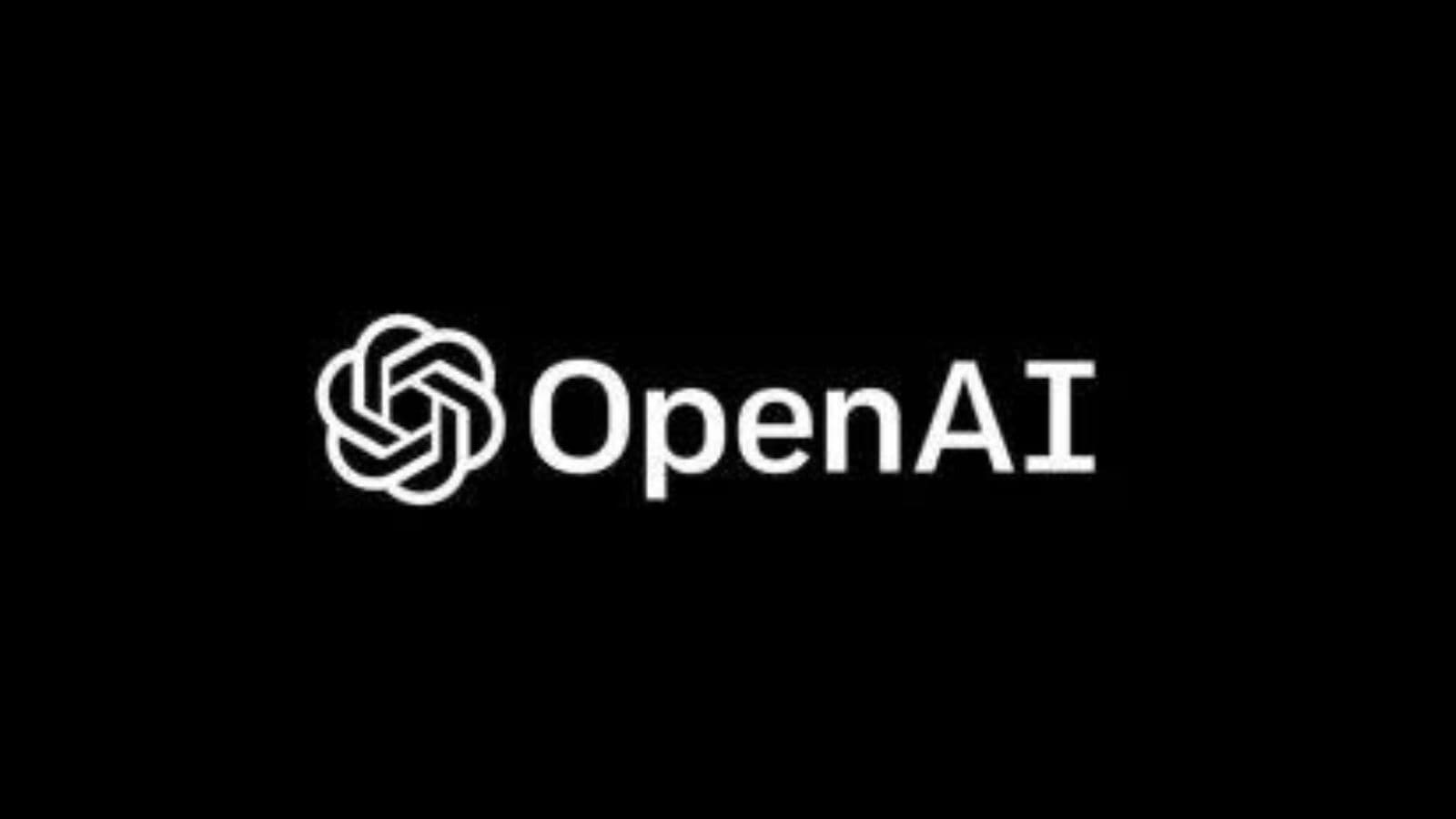OpenAI Implements Required ID Verification for Developers to Address Misuse and Intellectual Property Theft

OpenAI’s New ID Verification Process for Developers
OpenAI, the AI-driven company backed by Microsoft, is introducing an identification verification process for developers seeking access to its advanced AI models through its API (Application Programming Interface). This new procedure marks a significant step forward in ensuring that the platform remains secure and that its models are utilized safely.
The Verification Process
Developers looking to obtain ‘Verified Organisation’ status will have certain requirements. They must provide a government-issued identification document from one of the countries where OpenAI offers its API services. This is a crucial measure aimed at authenticating the identity of organizations using OpenAI’s tools.
- Limitations on Verification:
- Each ID can only be used to validate one organization every 90 days.
- Not all organizations will meet the criteria for verification.
Purpose of ID Verification
The motivation behind this addition to OpenAI’s security measures is to combat misuse and ensure that its platforms are safeguarded against malicious activities. The company emphasized its commitment to making AI available while simultaneously urging secure usage.
In a statement, OpenAI noted, “A small minority of developers intentionally use the OpenAI APIs in violation of our usage policies,” thereby underscoring the necessity for stricter controls.
Background on Previous Issues
Earlier this year, OpenAI disclosed that it had suspended user accounts linked to potential surveillance frameworks related to nations such as China and North Korea. Reports indicated that some users were exploiting ChatGPT for online disinformation and surveillance efforts. As a result, OpenAI withdrew its services from China altogether last year due to compliance and security concerns.
Furthermore, OpenAI also accused a Chinese AI startup, DeepSeek, of misusing its API by extracting large quantities of data, allegedly to train its own AI models, thereby violating OpenAI’s terms of use.
Privacy Concerns and Transparency
At present, OpenAI has not provided detailed information about the storage and management of uploaded IDs. The lack of transparency surrounding how long these documents will be retained or how they will be protected raises privacy concerns.
In particular, the situation in India highlights ongoing debates about user verification through government-issued IDs on social media platforms. Given the contentious nature of such data management, questions remain regarding how OpenAI will ensure user privacy throughout this new verification process.
Looking Ahead
OpenAI’s initiative appears to focus on enhancing the safety and security of its AI models while making them accessible to a wider range of legitimate users. By implementing this ID verification system, the company aims to mitigate the risks associated with the improper use of its technology and maintain the integrity of its offerings.
Overall, OpenAI is taking proactive steps to ensure its tools are not misused, while addressing challenges related to identity verification and privacy. As this process unfolds, developers and users alike will need to navigate the implications of these changes carefully.






